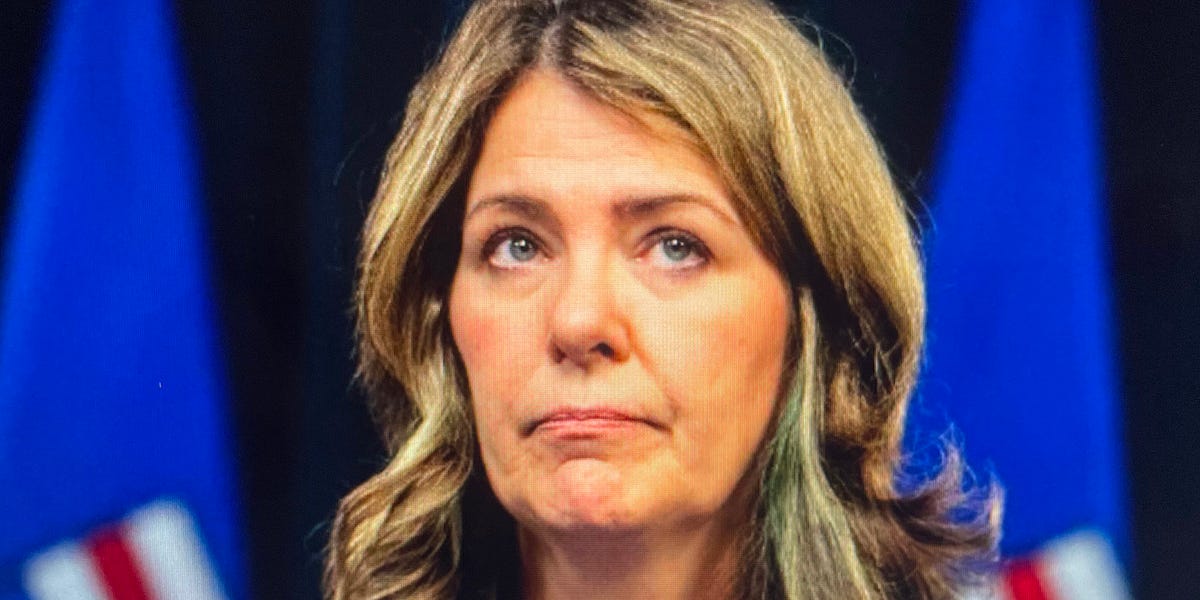Equalization payments don’t ’come from’ provinces; it’s not a standalone system of raising money. It’s simply funded out of consolidated federal revenue.
Equalization payments come from federal government general revenues, which are paid by individuals (mostly income and sales taxes) and corporations (mostly income tax) and other fees.
These are distinctions without a difference. To pretend otherwise is to deliberately be obtuse because it suits a partisan agenda.
Income taxes and consumption taxes that are tied directly to the economic productivity of a province made up 89%+ of federal government revenues in the 2024 fiscal year. The tax base for all those things is ultimately the individuals who pay these taxes, whether through personal income taxes, as shareholders paying corporate taxes, or as personal consumers, or as shareholders of a corporation that is paying these taxes as a consumer.
There is a finite amount of these individuals and they have a finite amount of wealth that can be taxed.
The federal government creates a program where it gives a boatload of cash to certain provinces, it is the individuals in the provinces that receive nothing that are funding that and it limits the tax base that the province has to work with. It's a distinction without a difference from just telling provinces to raise the revenue themselves and pay a cheque to the Federal government.
Do people ever talk about how defence spending or health care spending or any other kind of federal spending "come from Alberta"?
Yes.
The arguments made about Alberta contributions to CPP specifically are because Alberta has had proportionately more people reaching the Yearly Maximum Pensionable Income and making full CPP contributions for the year- but that hits a cap, it doesn’t scale up indefinitely with income. More broadly it gets conflated with the higher average income and consequently the higher income taxes paid by Albertans because the population is younger and earning more money. But there’s no standalone levy on Alberta or Albertans for equalization.
There's no provincial "fair share".
Individuals pay income taxes and CPP premiums. Alberta skews young and high income, which makes its total contributions look high for the number of people. There is no practical way of distributing incomes throughout Canada so that the per capita average contribution per taxpayer is the same for all provinces, so this situation is always going to exist for one or more provinces.
When it comes to pensions they are tied to individual contributions. It's fairly easy to figure out exactly how much of the pension assets / present value are attributable to individuals and therefore people in each province.
For this reason, I think the CPP argument is a bunch of noise. If Alberta were to leave the CPP and create its own, and all the adults agreed to give Alberta it's "share," it should theoretically have a neutral effect.
But showing how much of the FMV of the assets in the fund are attributable to Alberta individuals does have some political value in it by showing just how much on a per capita basis Alberta contributes to Federal programs in general.
You're right the logical thing to do instead of bringing forward meaningful, incremental changes with a far more sympathetic PM and to actually engage provincial neighbours is to go full nuclear and to become a landlocked hermit republic propped up by a diminishing resources or to become a state with even less representation in a democratically backsliding republic and losing Florida or New York levels of influence in favour of Kansas levels of influence. Good drills.
Even if Carney is "more sympathetic," he's still beholden to the Canadian voters who elected him - which are primarily from provinces that don't benefit from Alberta getting a fair shake. That means Alberta needs those voters to change their mind, not just Carney. That will require a lot of tree-shaking. Right now is an opportune moment to shake that tree - Canadians, in the face of Trump, are more prepared to make changes that would not only benefit Canadians but that Alberta would benefit from, changes that Canadians were mostly tone deaf too (i.e. interprovincial trade barriers). Even the Bloc are now prepared to discuss pipelines.
The sad part is, the CPC and Liberals don't need the Bloc to make these changes, but they have to put their spears away and work together and stop worrying about who gets the credit.








